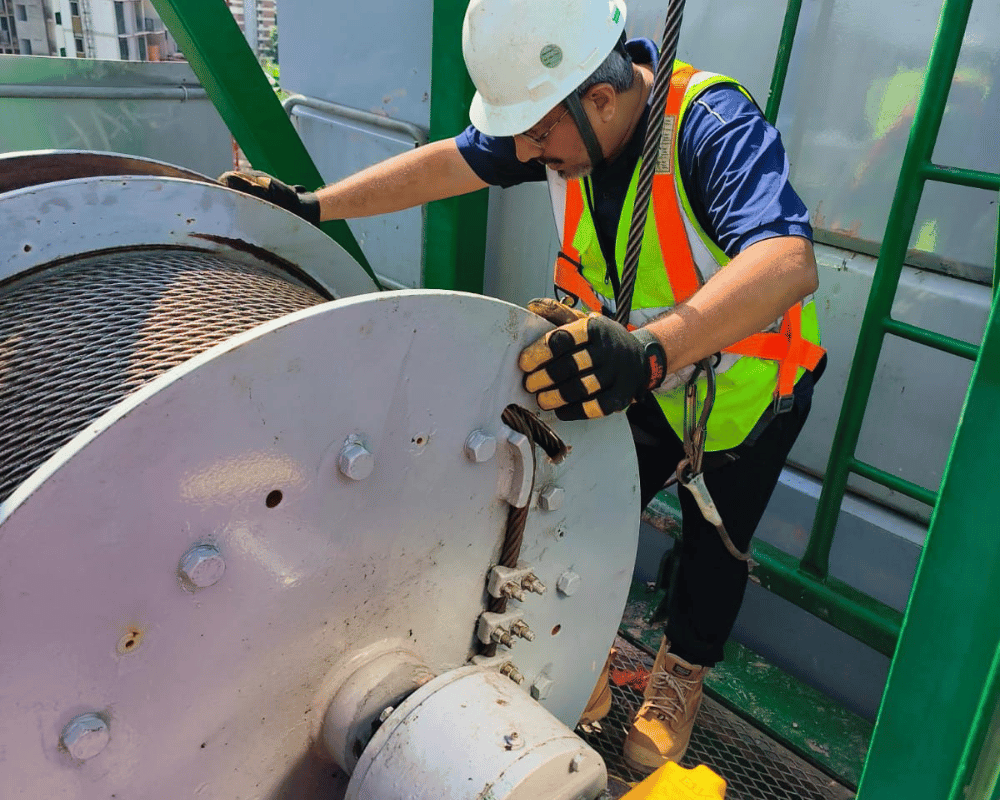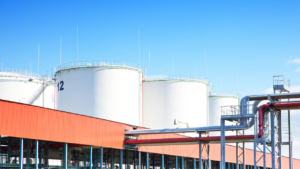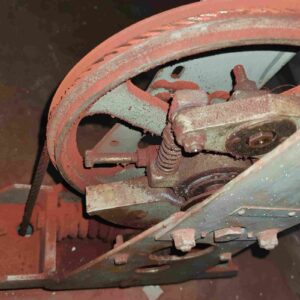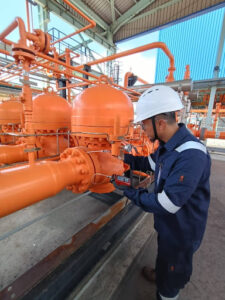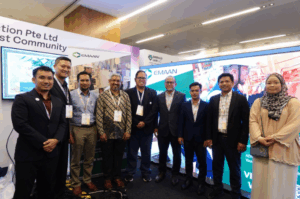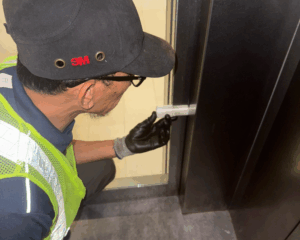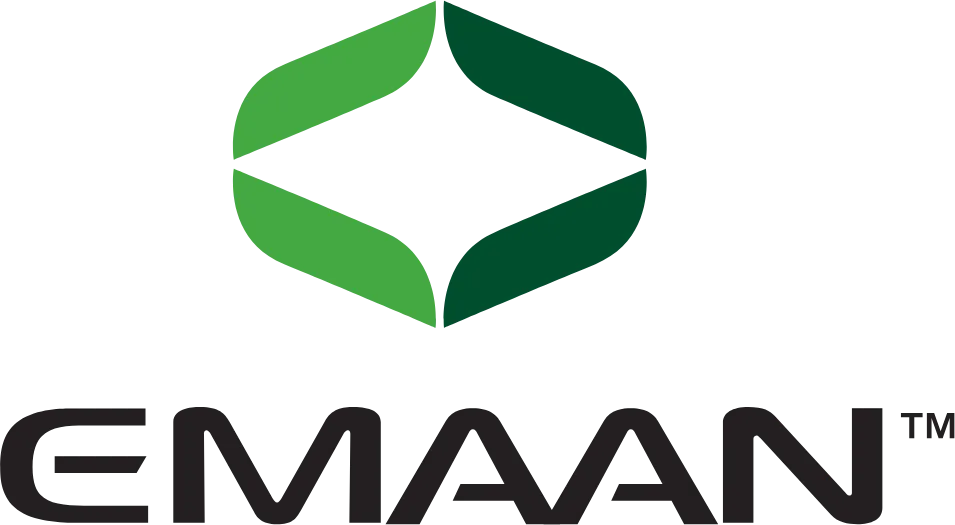In Singapore’s tightly regulated business environment, few things are as non-negotiable as safety. From the construction sector to logistics and building service, companies across industries must comply with strict inspection regimes to ensure that equipment, systems, and facilities are safe, reliable, and legally certified. These are not just routine checks but statutory inspections, which protect lives and livelihoods.
Yet, despite their importance, statutory inspections are often viewed as administrative hurdles. Many businesses treat them as something to deal with “later” until an incident, a non-compliance warning, or an operational disruption forces attention. The truth is that statutory inspections are not just about meeting requirements. They’re about building a culture of safety and operational excellence.
This article walks you through Singapore’s inspection landscape: who governs it, what it covers, and why embracing it early can save your business time, money, and risk in the long run.
A Highly Regulated but Highly Supported Ecosystem
At Emaan Inspection, we operate within Singapore’s highly regulated statutory inspection ecosystem—an ecosystem designed not just to enforce compliance but to build a stronger culture of safety, reliability, and operational excellence.
In Singapore, statutory inspections are governed by several different agencies depending on the type of equipment or facility involved, from vehicles and vessels to amusement rides and pollution control systems.
At Emaan Inspection, our statutory inspection requirements are governed by three key agencies:
- Ministry of Manpower (MOM) oversees the inspection of all lifting equipment such as cranes, hoists, and forklifts, as well as pressure vessels like air receivers and steam boilers. MOM mandates that these inspections be conducted at regular intervals — typically every 6 to 12 months — by an Authorised Examiner before equipment can be legally operated.
- The Building and Construction Authority (BCA), regulates lift and escalator safety. All lifts and escalators must be inspected once a year. These checks ensure that braking systems, suspension systems, sensors and critical safety devices meet strict international standards and BCA requirements.
- The Singapore Civil Defence Force (SCDF) governs the fire safety regulations. SCDF also cover emergency response layouts, fire safety systems, and containment measures to mitigate explosion and fire risks.
Businesses must comply with regulations specific to the type of equipment or facility they manage.
At Emaan Inspection, our team is familiar with the standards and expectations set by these bodies. Our team of MOM-Authorised Examiners and Specialist Professional Engineers (SPEs) work closely with businesses to ensure that all lifting equipment, pressure vessels, lifts, escalators, and storage tanks meet statutory requirements, on time, every time.
More than just ticking compliance checklists, we help companies strengthen their operational safety, system integrity, and foster trust within their industries. By navigating this complex regulatory framework with our clients, Emaan Inspection plays an active role in promoting a safer, more resilient business environment across Singapore.
Inspections as a Strategic Advantage
Despite the need, many businesses regard inspections as disruptive. There’s a common perception that inspections disrupt operations, uncover costly repairs, or add more paperwork to an already overburdened team. However, with the right planning and the right inspection partner, statutory compliance doesn’t need to feel like a chore.
In fact, proactive inspections can become a strategic advantage.
For example, companies implementing internal safety audits before their scheduled inspections are often better prepared. Some even identify wear and tear early and plan repairs during low-impact periods, avoiding costly downtime later. Others invest in condition-monitoring tools like vibration sensors or thermal cameras to predict equipment failure before it affects safety or productivity.
In terms of reporting, digital solutions are simplifying how businesses track inspection dates, manage certificates, and respond to non-compliance alerts. What used to be a paperwork nightmare is now manageable with cloud-based tools that issue reminders, store documentation, and even alert teams when inspections are due.
The Cost of Non-Compliance
Beyond operational issues, failing to meet regulatory requirements can have serious legal and financial consequences.
In 2019, MOM has issued fines of up to $50,000 for companies using improperly certified lifting equipment. More alarmingly, workplace accidents resulting from poor maintenance or non-compliance can lead to prosecution and even imprisonment for responsible parties.
For buildings, a malfunctioning lift that hasn’t undergone its required BCA annual statutory inspection can pose serious safety risks to tenants and the public. For example, a lift service contractor was fined $14,000 for failing to perform proper lift maintenance, demonstrating how lapses can have costly outcomes.
In other words, inspections are more than paperwork. They are your business’s frontline defense against risk and liability.
Choosing the Right Inspection Partner
Choosing an inspection partner can make all the difference in an environment where compliance is critical and safety is non-negotiable.
For more than two decades, Emaan Inspection has earned the trust of facility managers, contractors, and SMEs across Singapore. Our team of MOM-registered Authorised Examiners and experienced engineers delivers inspections that go beyond ticking boxes by providing accurate, regulatory-compliant assessments that are timely, practical, and aligned with your operational needs.
Whether it’s a periodic compliance check, a comprehensive equipment health audit, or an inspection before commissioning new equipment, we offer transparent reporting, responsive support, and guidance you can count on. Clients appreciate not just our technical competence, but our human approach – we explain what’s wrong, why it matters, and how to fix it.
As one client from the marine hardware industry shared:
“The advice and support from Emaan has been invaluable to us. They understand our business and their service is flexible and tailored to meet our needs. We are very grateful and appreciative of their professionalism which has contributed to our long standing relationship and trust.”
Conclusion: Build a Culture, Not a Checklist
Statutory inspections shouldn’t be treated as last-minute checkboxes. They should be embedded into your business’s operations and part of a broader culture of safety, accountability, and long-term thinking.
With the right systems, mindset, and support, compliance becomes less about avoiding penalties and more about creating environments where people and assets are protected every day.
If you haven’t already, take a moment to review your upcoming inspection timelines. If you need help navigating what needs to be done, reach out. We’ll walk you through the process.
Need Help with Your Next Inspection?
Let’s make compliance straightforward.
📞 Call us at +65 6292 3549
📧 Email: hello@emaan.com.sg
🌐 Visit: www.emaan.com.sg
